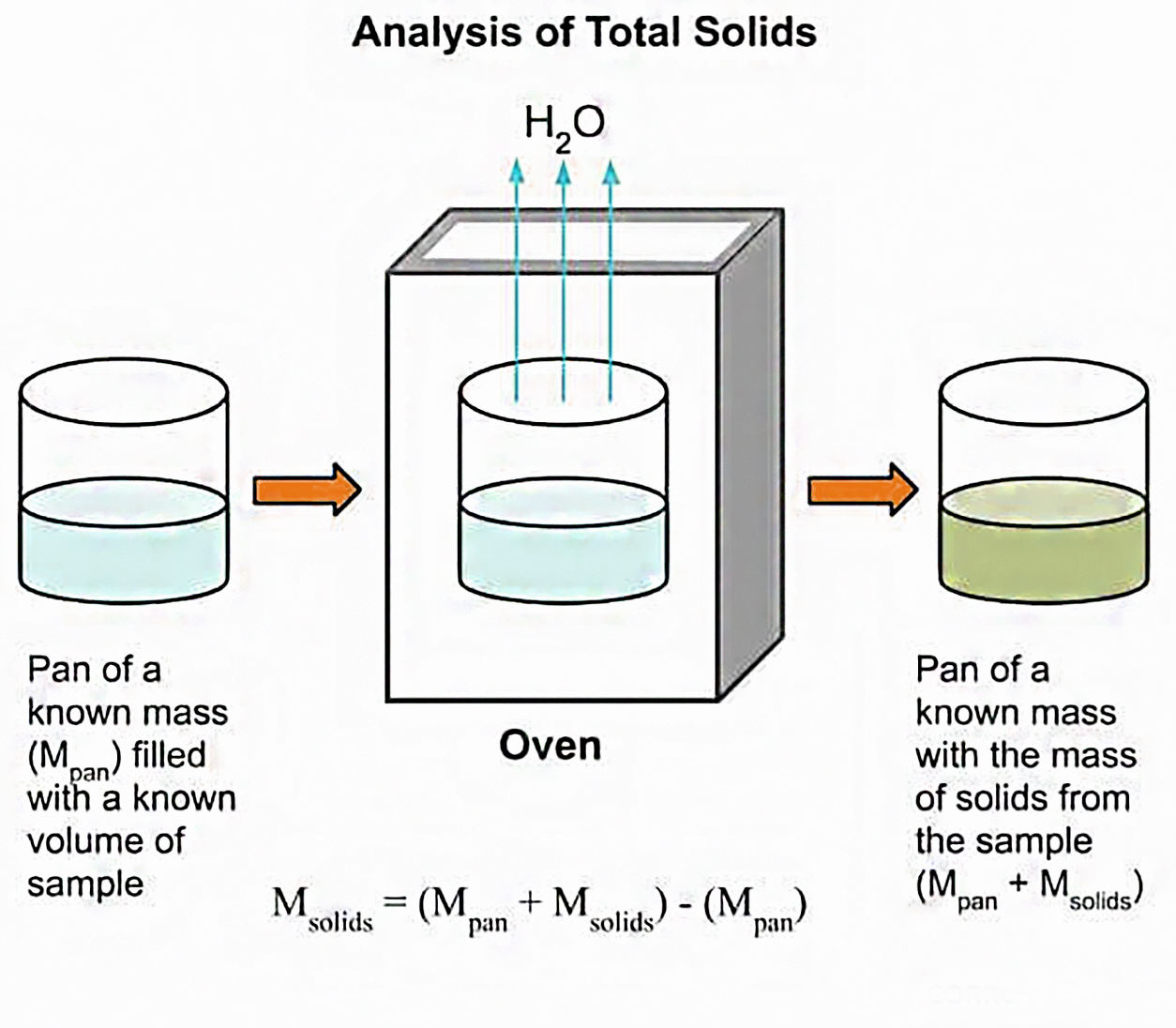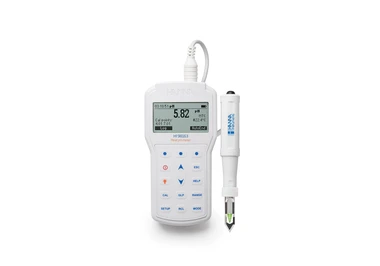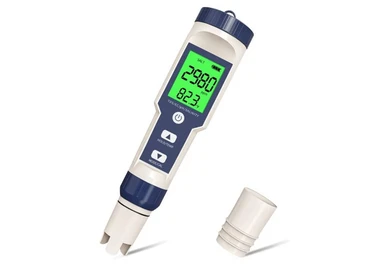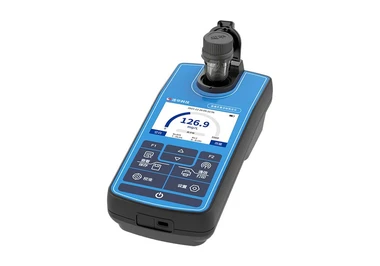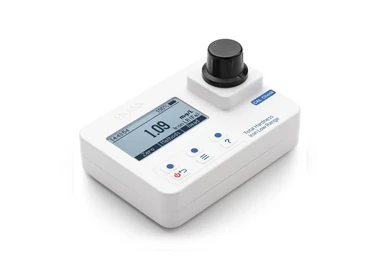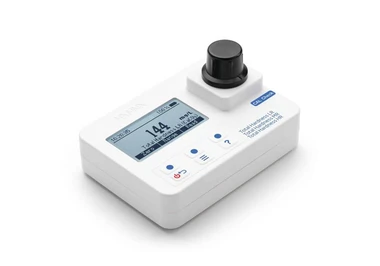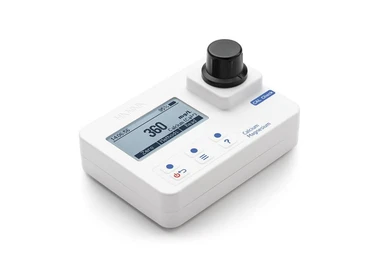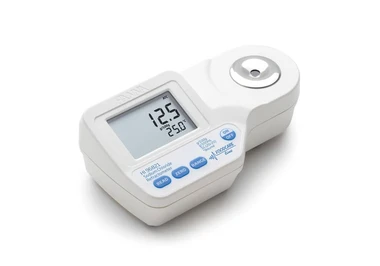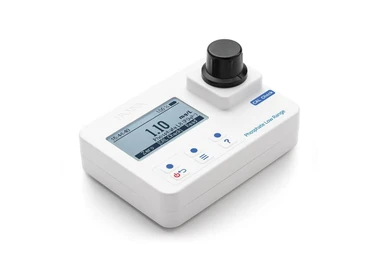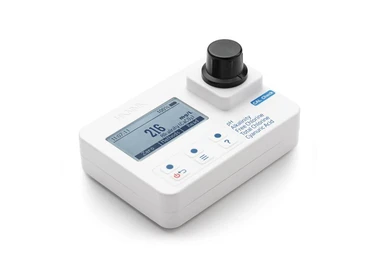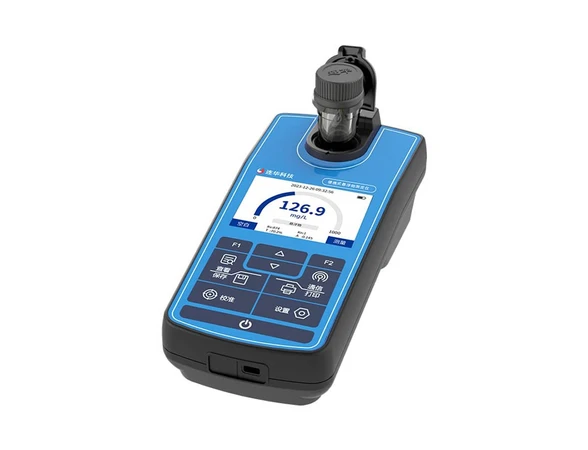
Measurement of total solids (TS)
TS measurements are often used in the water treatment industry. Total solids are the sum of total suspended solids and total dissolved solids in water. In water, total dissolved solids include calcium, chlorides, nitrates, phosphorus, iron, sulfur, and other ionic particles that pass through a filter with pores of about 2 microns (0.002 cm).
TS Test
TS measurement is often used in the water treatment industry. Total solids is the sum of total suspended solids and total dissolved solids in water. In water, total dissolved solids include calcium, chlorides, nitrates, phosphorus, iron, sulfur, and other ionic particles that pass through a filter with pores of about 2 microns (0.002 cm). Total suspended solids include silt, sediment, algae, fine organic debris, and other suspended particles. These are particles that will not pass through a 2-micron filter.
Disadvantages of TS
- High concentrations of total solids reduce the quality and clarity of drinking water.
- Decreased or increased total solids can also reduce the efficiency of wastewater treatment plants.
- It can also reduce the performance of industrial processes that use raw water, causing deposits and reduced efficiency in facility heating and cooling systems.
Total solids can cause corrosion, some solids can cause rapid corrosion in process vessels and pipelines. To prevent corrosion from electrolytic water or water with microbes that can cause corrosion, water treatment processes must be used.
What causes solids in water?
High levels of turbidity and total solids are caused by soil erosion, waste discharge, or changes in environmental communities such as algae growth or benthic abundance, which can cause sediment in the water.
How is total solids (TS) measured?
Common laboratory methods such as gravimetric determination are available to determine the amount of total solids in a sample. Total solids are measured in milligrams per liter (ppm).
* Abrizan Company's laboratories located in Fars Science and Technology Park are capable of measuring a variety of water parameters, including TS, with experienced staff and the use of advanced devices and equipment.
